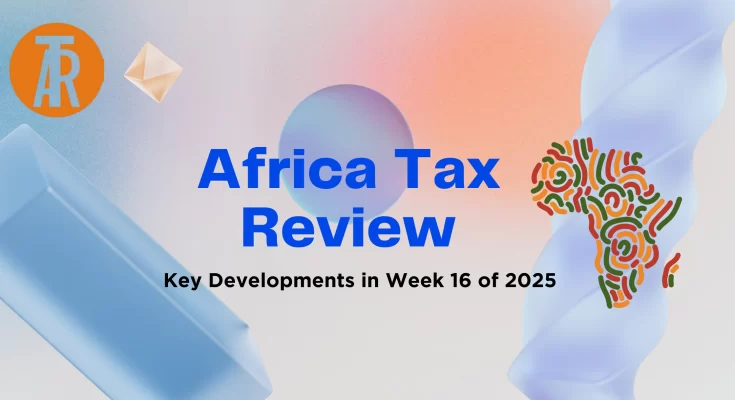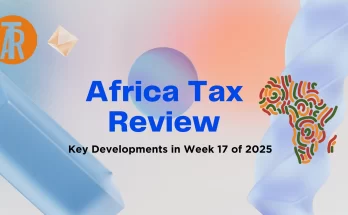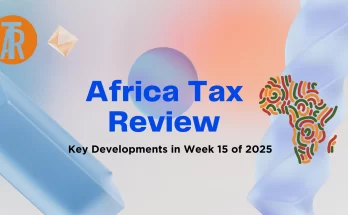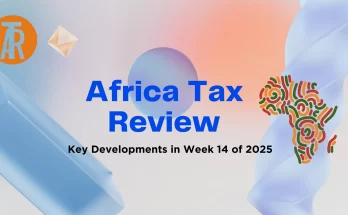Africa Tax Review: Key Developments in Week 16 of 2025. Week 16 of 2025 was eventful across African tax jurisdictions, featuring landmark reversals, fiscal recalibrations, and regional efforts to deepen tax sovereignty.
From South Africa’s VAT policy withdrawal to Kenya’s fiscal reforms and Ghana’s revocation of controversial levies, the continent witnessed transformative developments reflecting political will, social response, and economic realignment.
Africa Tax Review: Key Developments in Week 16 of 2025

1. South Africa Withdraws Proposed VAT Increase Amid Coalition Resistance
On April 17, 2025, South Africa’s Finance Minister, Enoch Godongwana, officially retracted a proposed increase in the Value-Added Tax (VAT) rate from 15% to 15.5%.
The proposal, initially tabled as a revenue-raising measure to bridge a R75 billion budget shortfall, met fierce resistance from the Democratic Alliance (DA) and other coalition partners. A court injunction secured by the DA AP News, 2025 prompted the reversal.
This development underscores the fragility of fiscal consolidation in politically sensitive periods and highlights the tension between revenue mobilisation and public accountability in a multiparty democratic context. The National Treasury is expected to table a revised budget on May 21, 2025.
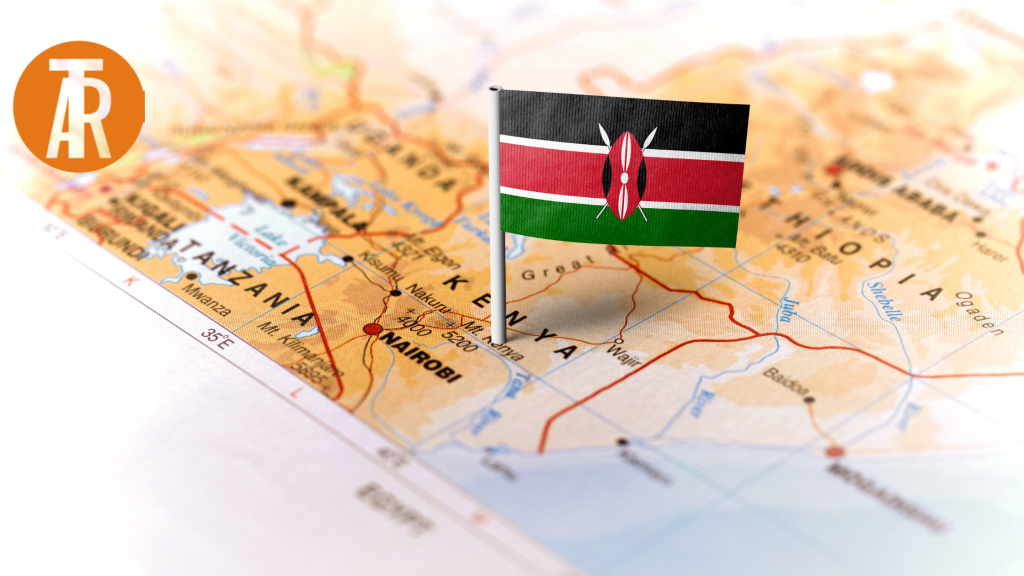
2. Kenya Caps Fiscal Deficit at 4.5% Following Mass Protests
Kenya’s Cabinet, during a meeting chaired by President William Ruto, approved a fiscal strategy paper to cap the country’s 2025/2026 fiscal deficit at 4.5% of GDP—down from the previous 5.1% (Reuters, April 29, 2025).
The move follows public outrage over a failed attempt to impose new taxes in 2024, which led the government to drop KSh 340 billion ($2.7 billion) worth of tax measures after countrywide protests.
The new Finance Bill 2025 introduces broader base reforms, targeting loopholes in tax administration and aiming to expand the tax net without increasing rates.
This realignment reflects a growing trend in African fiscal policy towards broadening compliance rather than simply raising rates.

3. ATAF Begins Review of Africa’s Model Tax Treaty
In a strategic continental move, the African Tax Administration Forum (ATAF) began revising its Model Double Taxation Agreement (DTA) in April 2025 to better protect African tax bases.
The revised model is expected to reflect Africa’s policy stance against aggressive tax planning and treaty abuse, particularly in light of the OECD/G20 Inclusive Framework reforms.
The working group leading the revision includes experts from Nigeria, Rwanda, Kenya, and Tanzania. According to ATAF ATAF Official Statement, 2025, the goal is to arm African countries with stronger negotiating tools in bilateral tax treaty negotiations and promote greater revenue retention.
Nigeria Postpones Binance $81.5bn Tax Trial to April 30, 2025

4. Ghana Repeals E-Levy and Betting Tax as Promised
On April 2, 2025, Ghana’s President, John Mahama, signed into law a repeal of the Electronic Transaction Levy (E-Levy) and Betting Tax—two levies heavily criticised for disproportionately affecting low-income earners.
The announcement, made by Finance Minister Cassiel Ato Forson during the budget presentation, fulfilled a core campaign promise of the new administration Wikipedia – E-Levy Ghana.
While revenue projections from these levies were initially high, actual collections underperformed due to avoidance and public resistance. The repeal sets a precedent for policy reversals based on empirical tax justice and behavioural responses.
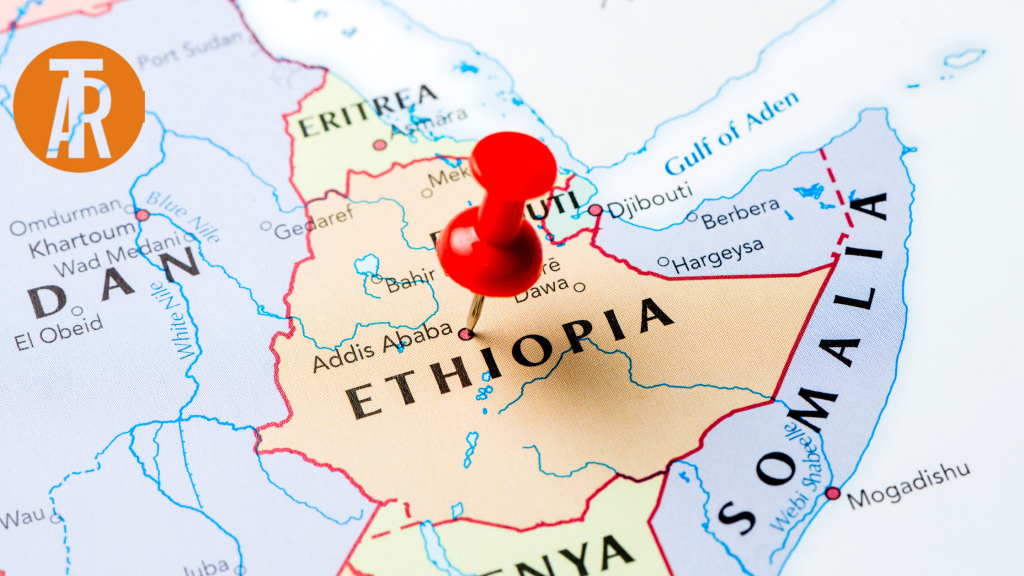
5. Ethiopia Introduces New Worker Tax Amid Suspension of Foreign Aid
Ethiopia’s House of People’s Representatives passed a new tax measure during the week, imposing levies on working citizens to fund a Disaster Risk Response Fund.
This was in direct response to the April 2025 suspension of USAID funding for humanitarian projects, which had historically provided over $1.8 billion annually in support.
The fund aims to finance internal food security, health, and emergency programmes. This pivot from aid dependence to domestic funding underscores the strategic role of taxation in national resilience AP News, April 17, 2025.
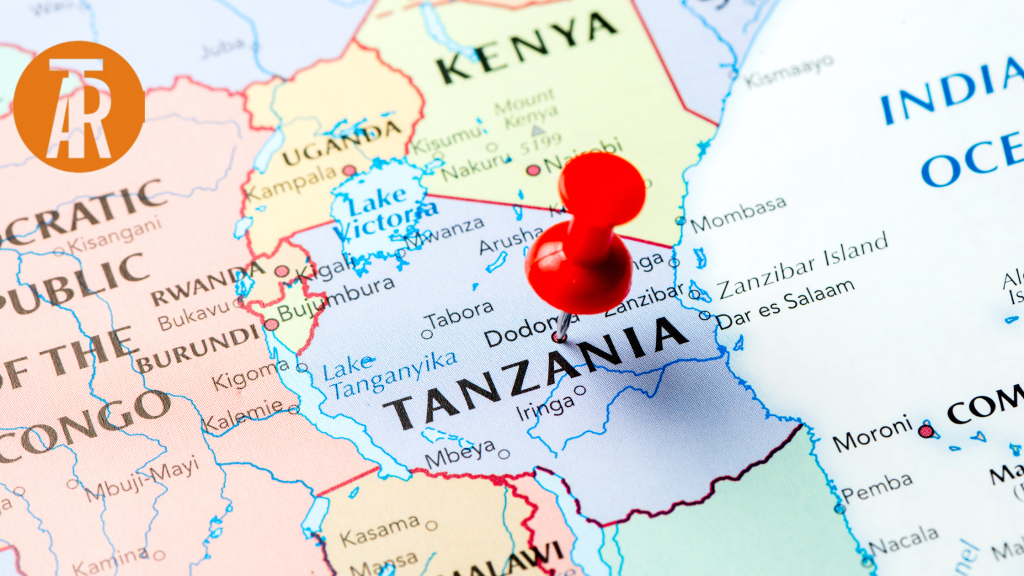
6. Tanzania Reports 99.9% Tax Revenue Target Achievement
Tanzania’s Revenue Authority (TRA) reported total tax collections of TZS 22.38 trillion for the fiscal period ending February 2025—representing 99.9% of its monthly target and a 16.6% increase year-on-year.
According to TanzaniaInvest, 2025, this success is attributed to improved tax administration, digital tracking systems, and expanded taxpayer education.
This development is a signal for other African nations on the merits of investing in compliance infrastructure rather than depending solely on enforcement.
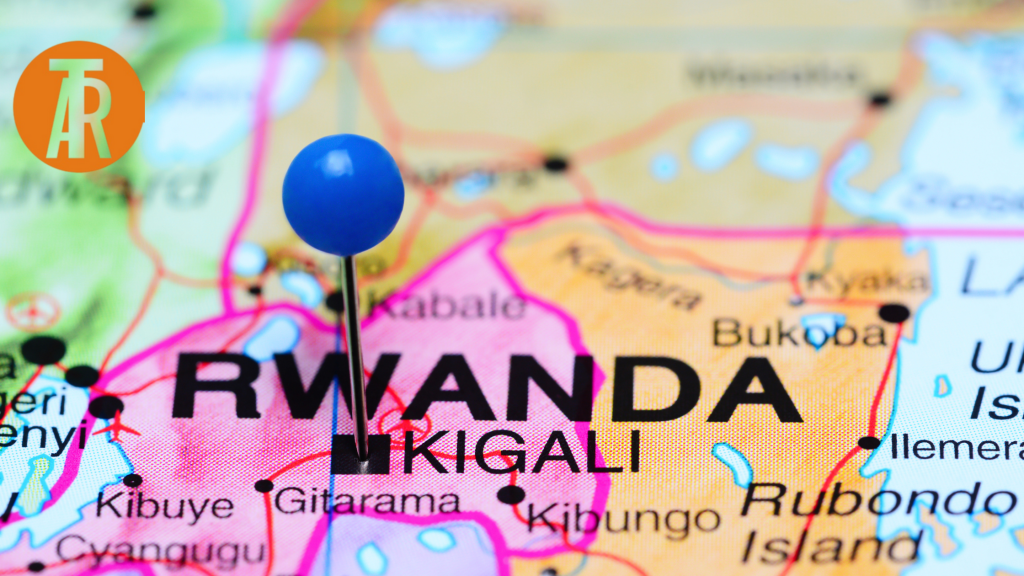
7. Africa Tax Symposium (ATS) Marks 10 Years in Kigali
The 10th Africa Tax Symposium (ATS), organized by IBFD, was held in Kigali, Rwanda during the week. The event brought together policymakers, academics, and practitioners from over 40 countries to deliberate on the future of tax justice, digital taxation, and treaty reforms.
Key sessions highlighted the role of tax systems in addressing climate challenges and leveraging blockchain for transparency GlobeNewswire, April 24, 2025.
Conclusion
Week 16 of 2025 reaffirmed the dynamism of African tax landscapes. Whether it was through the repeal of regressive levies, regional standard setting, or fiscal recalibrations, African countries demonstrated a readiness to adapt taxation to reflect economic realities, public sentiment, and regional autonomy.
Going forward, stakeholders must sustain collaborative reforms, expand the use of data and digital systems, and prioritize equity in tax design to foster inclusive growth.
Olatunji Abdulrazaq CNA, ACTI, ACIArb(UK)
Founder/CEO, Taxmobile.Online

